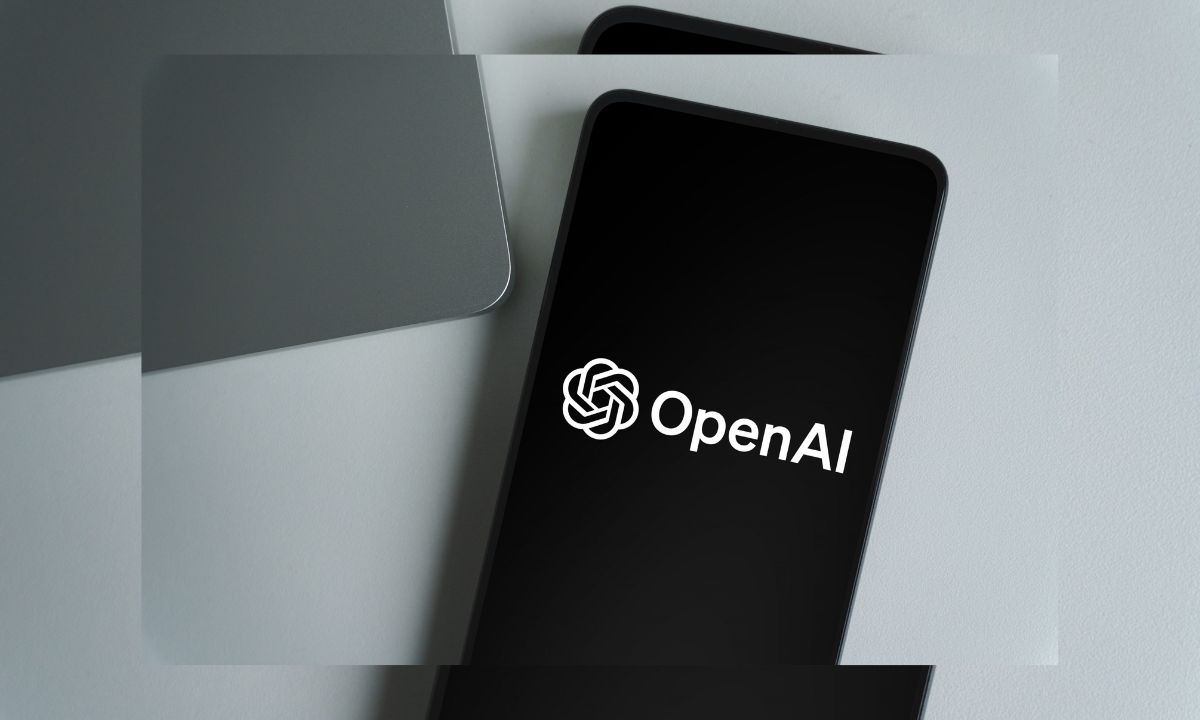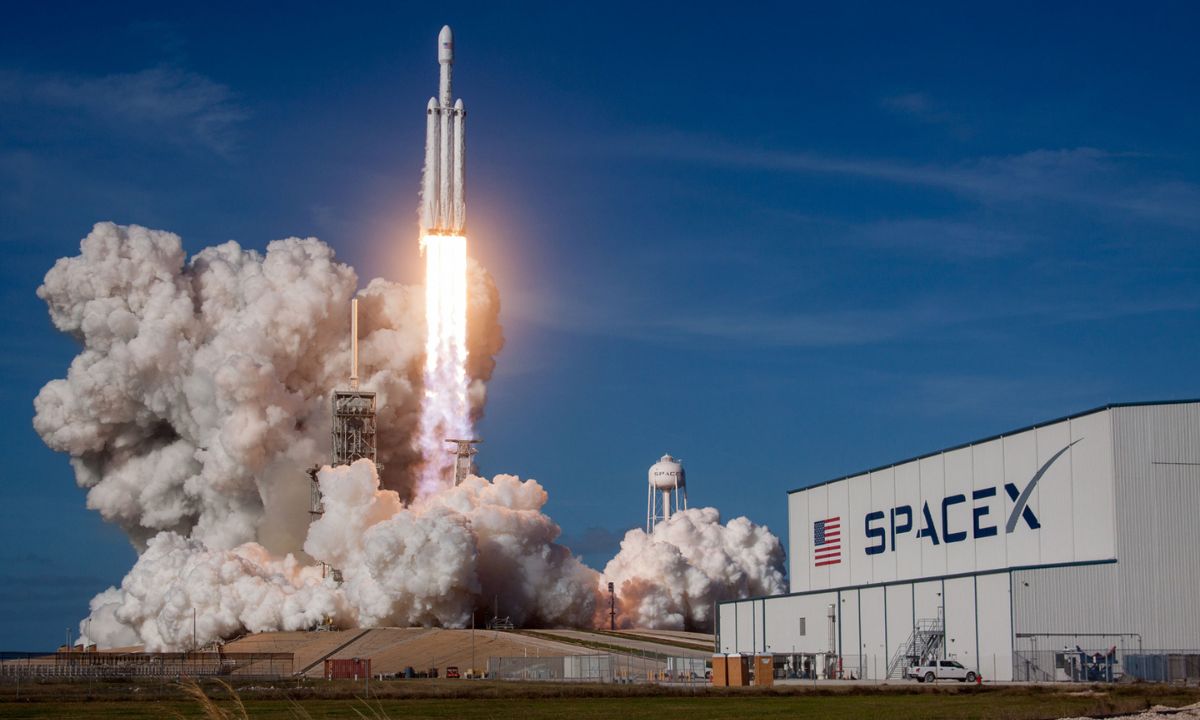Alexandr Wang, co-founder of Scale AI, believes that the future of work won’t involve employees losing their jobs to A.I., but rather managing groups of A.I. agents. In a recent podcast, he shared that instead of completing tasks, office workers will oversee “pods” of A.I. agents, ensuring they perform their tasks correctly without making errors. This change will essentially promote everyone to a managerial role, according to Wang, who is 28 years old and a billionaire.
AI and Job Disruption: What Does the Future Hold?
The rise of A.I. has sparked fears of job loss, particularly in office and administrative roles. A report from the Brookings Institute highlighted that fields such as STEM, business, and finance are also vulnerable to A.I. disruptions. According to the study, over 30% of workers could have half of their tasks affected by A.I.
However, Wang reassures that A.I.’s growth will create many new job opportunities. Instead of making people obsolete, A.I. will generate jobs that involve helping, controlling, and improving these systems. Wang believes that workers won’t be displaced by A.I., but instead will play an active role in shaping and managing the technology.
Scale AI’s Role in the A.I. Revolution
Scale AI, the company Wang co-founded, will be at the forefront of these new job opportunities. The company specializes in providing the data necessary for fine-tuning A.I. systems. By employing gig workers worldwide to label data, Scale AI helps tech companies develop better A.I. models. As Wang explains, his company acts like the “Uber for A.I.”
Controversies and Challenges
Despite Scale AI’s success, the company has faced legal issues. Several lawsuits have been filed against the company by contractors, accusing Scale AI of wage theft and exposing workers to distressing content without proper safeguards. These issues have sparked debates about the ethical implications of A.I. labor.
Managing A.I. Systems
Looking beyond Scale AI’s operations, Wang believes a major shift in labor markets will be the regulation of A.I. systems. As A.I. becomes more prevalent, workers will be needed to oversee these technologies to ensure they are functioning properly and not causing harm. In Wang’s vision, people will take on managerial roles, ensuring that A.I. doesn’t go rogue and perform actions that are undesirable or dangerous.
Technological Change and the Future of Work
Wang’s predictions are part of a larger trend where new technologies reshape industries. He compares the rise of A.I. to past technological advances, like those that revolutionized farming. Just as farming efficiency led to new roles and opportunities, A.I. will create new positions that allow people to manage and collaborate with technology, making the workforce more dynamic.
In conclusion, the future of work with A.I. is not about job loss, but about adaptation and management. As A.I. continues to evolve, employees will shift from performing tasks to overseeing and guiding A.I. systems, helping shape a new era of work.




